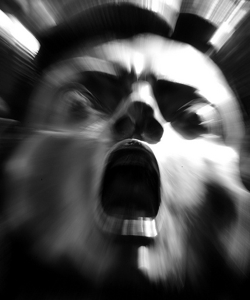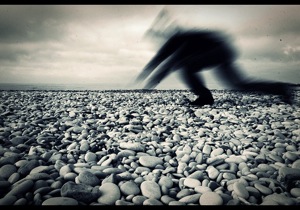It’s hard to look in a mirror when you know you will your lost self in depression. Quite a while back, there was a TV series about a group of nurses in the Vietnam War called China Beach. In one episode of this powerful drama, a soldier who had lost a leg from the knee […]
Depression Symptoms
My Top 5 Movies on Depression
Movies about the realities of depression aren’t usually popular or profitable. As a result, there aren’t many that probe the condition deeply and honestly. The five films in this post are the best I’ve seen for the realism and dramatic power of their stories and the excellence of acting and production. There are many more […]
Depression and Anger: A Destructive Partnership
It took me a long time to understand the connection between depression and anger. One psychiatrist I visited would often ask a simple question toward the end of a session: How’s your anger? I couldn’t understand why he asked. I hadn’t been talking about anger. Depression was my problem. I’d usually respond with a puzzled, […]
If You Can’t Escape Depression, You Can Try Making Do
It’s hard to escape depression when it dominates your mind. The illness has many faces, but its most visible one is your own. You see it everywhere because you can’t stop thinking about what’s wrong with you.
The illness is filtering out everything that would disturb your isolation – like brighter feelings, hope, the reaching out of a loved one, self-confidence, the energy to connect with people. It keeps your mind roiling with your flops, dumb mistakes, broken relationships, and acid self-contempt.
When you’re well, you can lose yourself in the daily flow of living, but when you’re depressed you never lose yourself.
Depression and Worry: Tales of Mere Existence
I hope you enjoy these classics. They’re good notes to end the summer on. 1. How to Cope with Depression Lev Yilmaz: If you’re feeling down, go to your Co-Workers, Elders, Family and Friends for help. They are sure to give you great, great advice… 2. Things I Have Worried About Lev Yilmaz: Just a […]
How Does Depression Change You? Can You Ever Be Yourself Again?
Have you ever wondered if multiple episodes of depression change you so much that you’ll never get back to your old self? Most people I hear from say: I want to be myself again. That’s their definition of recovery. Can it happen?
I found an interesting discussion about long-term changes in an online journal called Medicographia. The editors posed a question to psychiatrists and researchers from around the world and printed their responses together.
Here’s the question: Is the patient really the same after a major depressive episode?




